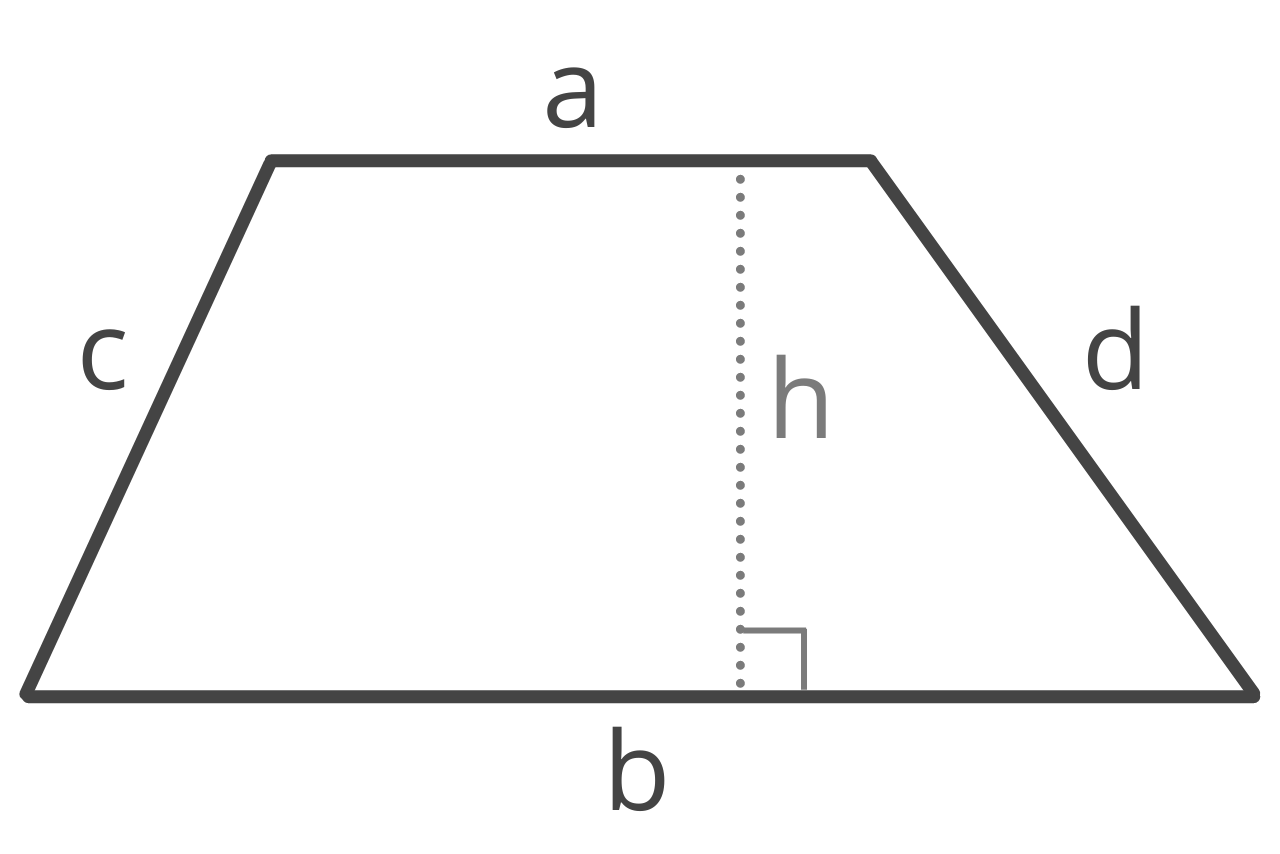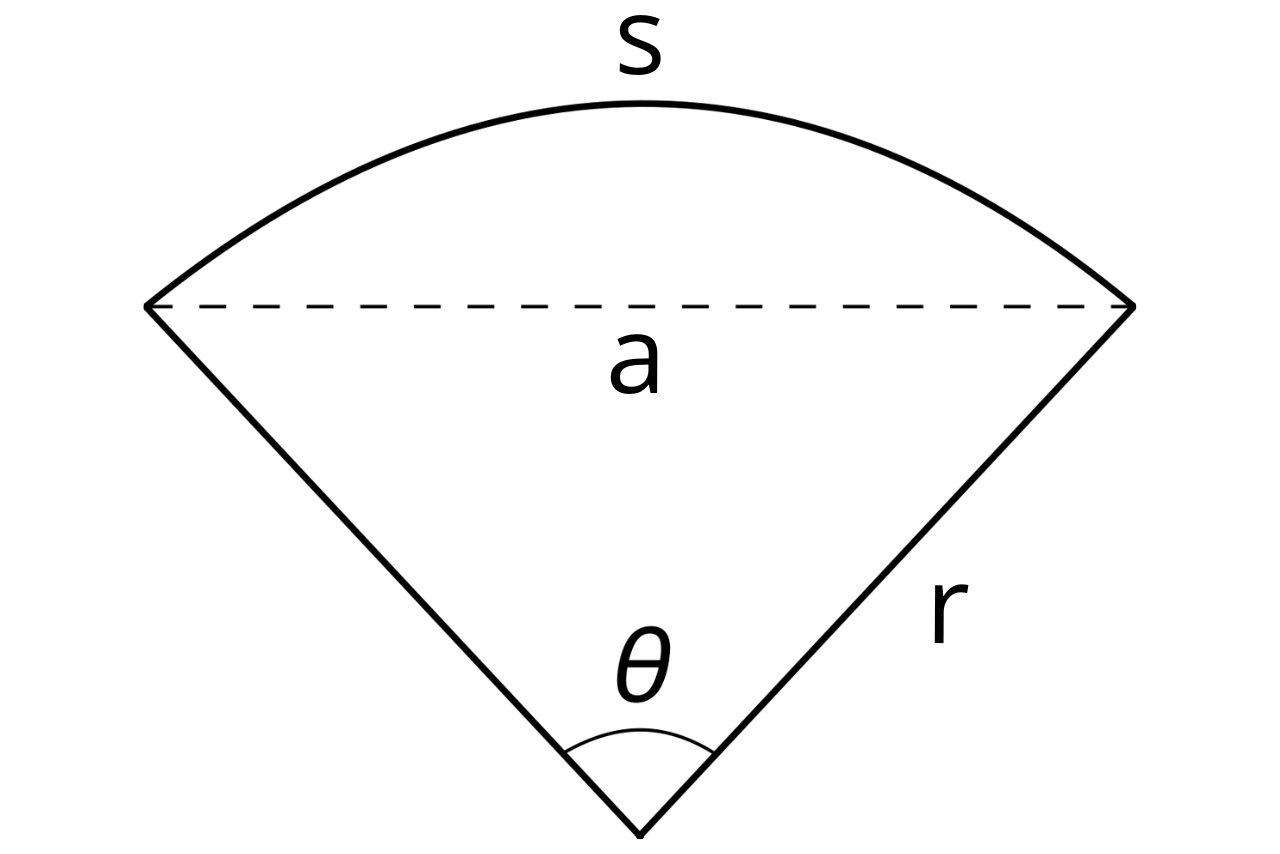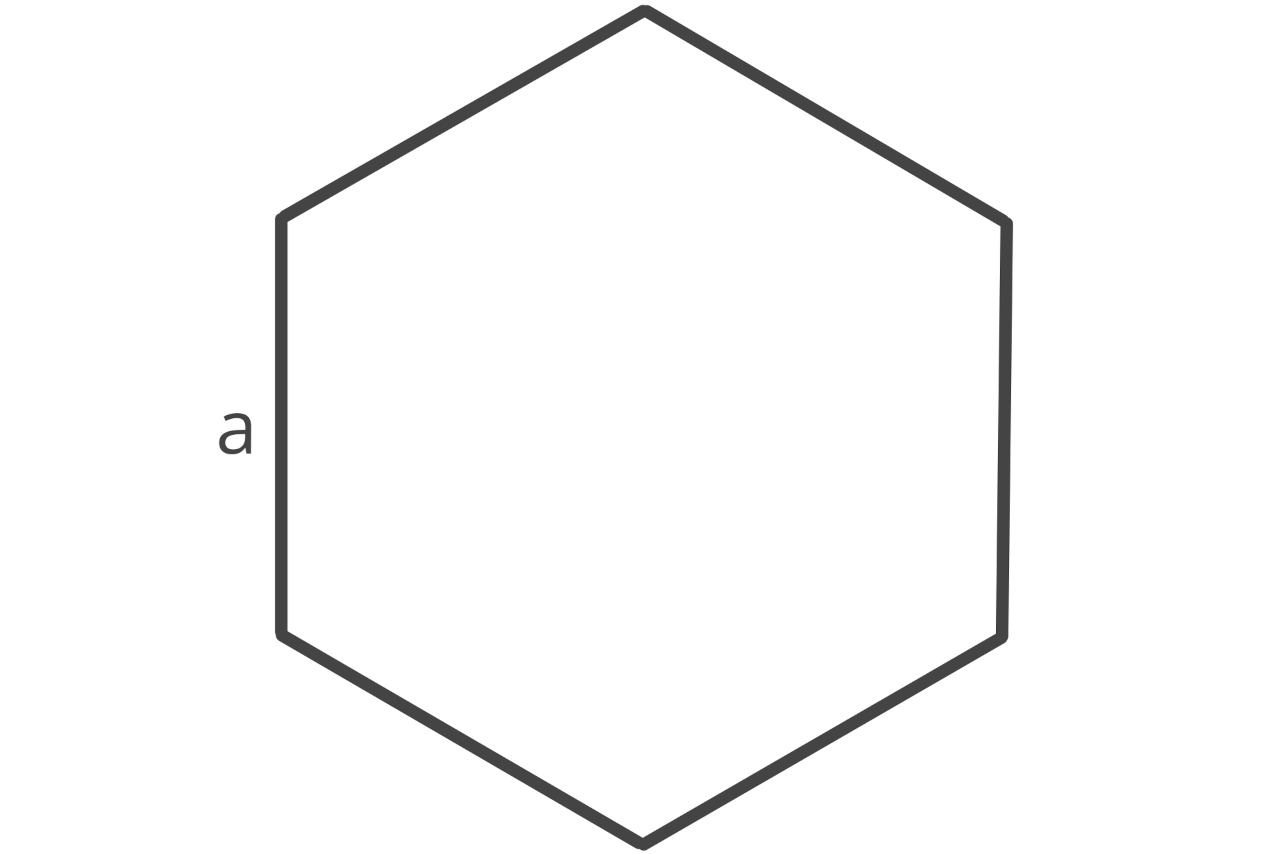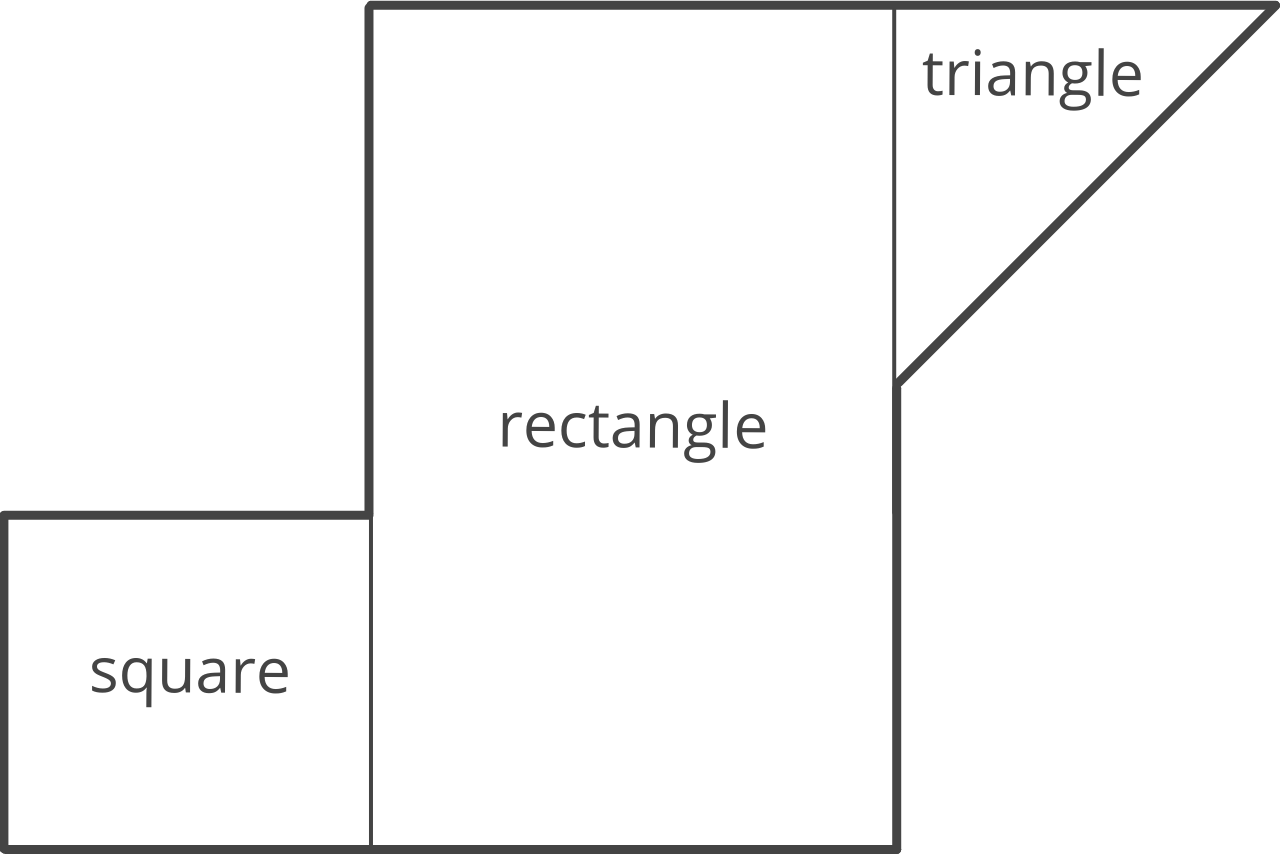how to find the area of a shape
Area Calculator – Calculate Area of Various Shapes
Calculate area by selecting a shape and entering your measurements in any metric or US customary unit. See the formulas to calculate the area for each shape below.
Select a Shape:
- Rectangle
- Square
- Border
- Trapezoid
- Parallelogram
- Triangle
- Circle
- Ellipse
- Sector
- Polygon
Rectangle
Square
Border
Trapezoid
Parallelogram
Triangle
Circle
Ellipse
Sector
Regular Polygon
Area Result:
How to Calculate Area
Area is the space inside the perimeter/boundary of space, and its symbol is (A). It's the size of a 2-dimensional surface and is measured in square units, for example, square feet.
Square feet can also be expressed as ft2 or sq. ft. Use our formulas to find the area of many shapes.
It's essential to measure all lengths in the same unit of measure or convert all lengths to the same unit before calculating area. Try our length unit conversion calculators or area unit conversion calculators for converting between imperial and metric measurements.
Use the formulas below to calculate the area of many popular shapes.
Square Area Formula
A = a2
A = a × a
a = edge length

Rectangle Area Formula
A = l × w
l = length
w = width

Border Area Formula
A = (l1 × w1) – (l2 × w2)
l1 = outer length
w1 = outer width
l2 = inner length
w2 = inner width

Trapezoid Area Formula
A = 1/2(a + b)h
a = base a
b = base b
h = height

Parallelogram Area Formula
A = b × h
b = base
h = height

Triangle Area Formula
s = 1/2(a + b + c)
A = s(s – a)(s – b)(s – c))
b = edge b
h = height

Circle Area Formula
A = πr2
r = radius
If you know the circle's diameter you can find the radius by dividing the diameter in half.
Did you know we also have a calculator to find the area of a circle?

Ellipse Area Formula
A = πab
a = axis a
b = axis b

Sector Area Formula
A = (θ ÷ 360)πr2
r = radius
θ = angle
Learn more about sectors and see more detailed examples on our sector area calculator.

Regular Polygon Area Formula
A = (a2 × n) ÷ (4 × tan(π ÷ n))
a = edge length
n = number of sides

Irregular Polygons and Complex Shapes
The trick to finding the area of an irregular polygon or complex shape is to break the shape up into regular polygons such as triangles and squares first, then find the area of those shapes and add them together to find the total.

Difference Between Area and Surface Area
You might be wondering how area is different from surface area. While area is the size of a two-dimensional plane, surface area is the size of the surface of a three-dimensional solid shape.
Difference Between Area and Perimeter
So what is the difference between perimeter and area? Perimeter is the distance around a two-dimensional shape, while area is the size of the shape itself.
Of course, we have a perimeter calculator to help solve this length measurement.
how to find the area of a shape
Source: https://www.inchcalculator.com/area-calculator/
Posted by: thompsonthaut1977.blogspot.com

0 Response to "how to find the area of a shape"
Post a Comment